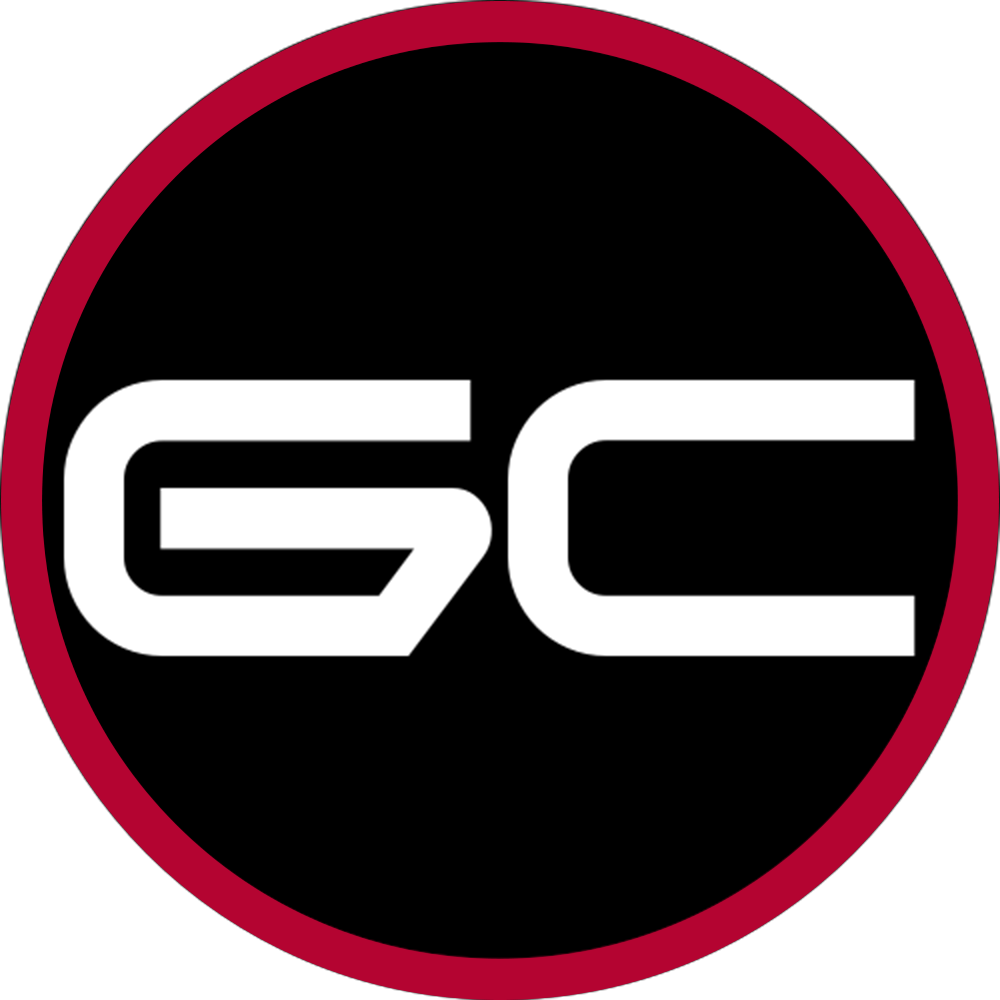Cutting and Bulking are perhaps the two most popular terms you will hear at the gym. We’ve already talked about bulking and if you should do it. You can read that article here. But just to catch you up to speed, bulking is when you consume extra calories so that you gain weight while working out in the hopes of packing on pounds of lean muscle mass. Well after a bulk comes a cut, and a cut is really just a diet to help you lose weight. But does cutting working? Should you do a cut? Well, we’ll tell you.
Basically any diet and workout plan that you do where the main goal is to lose weight is essentially a cut. And depending on how fast you lose the weight and how hard you workout results will vary. Theres no secret to losing weight, all you have to do is consume less calories per day than you burn. So if on average you burn 2500 calories per day, then you have to consume less than 2500 per day. This is what we call being in a caloric deficit. That rate at which you lose weight is dependent on how big your caloric is. For example, if someone who requires 2500 calories to maintain their weight goes into a caloric deficit of 500 calories and consumes 2000 calories per day then they should start losing 1 pound per week. But if someone else with the same caloric needs goes into a 1,000 caloric deficit and starts consuming only 1,500 calories pre day then they will start to lose weight at a much faster rate than the first person. The problem with the second person on the larger caloric deficit is that they risk losing a lot more lean muscle mass, loss strength and will likely feel tired constantly. So there is a balance when it comes to weight loss.
But more importantly who should go on a cut? Well, if your body type is average, and are brand new to the gym or have been lifting for less than a year then you really don't need to go onfull blown cut just yet. People who are new to the gym will benefit from Newbie gains. All you really have to do is just be consistent with your workout schedule, have a proper workout routine, and try to eat a balanced diet without going over your daily caloric needs. The first year of consistent lifting will result in body recomposition, basically you will lose weight, gain muscle and get stronger. But if you’re already over weight then you should try to lose a few pounds. Losing weight at the beginning is always easy. But just make sure you stay away from crash dieting. Crash dieting will usually lead to gaining back that weight in the future. You should first start off by making healthier food choices and tracking your caloric intake with myfitnesspal on your phone.
Alright, so for the guys and gals that have been working out for while and under stand proper workout planning and nutrition, you can benefit from a cut. Like we mentioned earlier, the rate at which you lose weight is dependent on your caloric deficit. If your caloric deficit is too small results will come at a snails pace, but if your caloric deficit is too big you will risk losing all your muscle. Usually a 500 calorie deficit is enough to get anyone going. But gradually weight lose will start to slow down. When that happens you should do one of two things. You can either increase your caloric deficit, or you can increase your caloric expenditure. If you decide to increase your caloric deficit then take it easy, don't just subtract another 500 calories from your diet. Instead increase your caloric deficit by just 100 calories. You will be amazed at how much of a difference 100 calories can make. But if you decide to increase your caloric deficit then do so by adding cardio to your workout. Ideally burning 100 extra calories will also jump start your results.
When it comes to marcos just keep in mind carbs are not the enemy. If you think eliminating carbs from your diet will help you lose weight faster then you are sadly mistaken. Completely eliminating carbs from your diet will cause you to lose energy and glycogen. And if theres no glycogen in your body when you’re working out then your body will use your hard earned muscle as fuel to power you through your workout. When planning your macros you want to aim to get a good amount of protein, if not a little more than you usually do to help with hunger management and muscle retention, a sensible amount of carbs, and a good amount of fats to help with hormone regulation and hunger management as well. Just remember, being in a caloric deficit for too long will also result in muscle loss after awhile. Inorder to prevent your body from going catabolic you should include some re-feed days into your schedule or even going back to your new caloric maintenance for awhile.
But Wait, Theres More 💪







